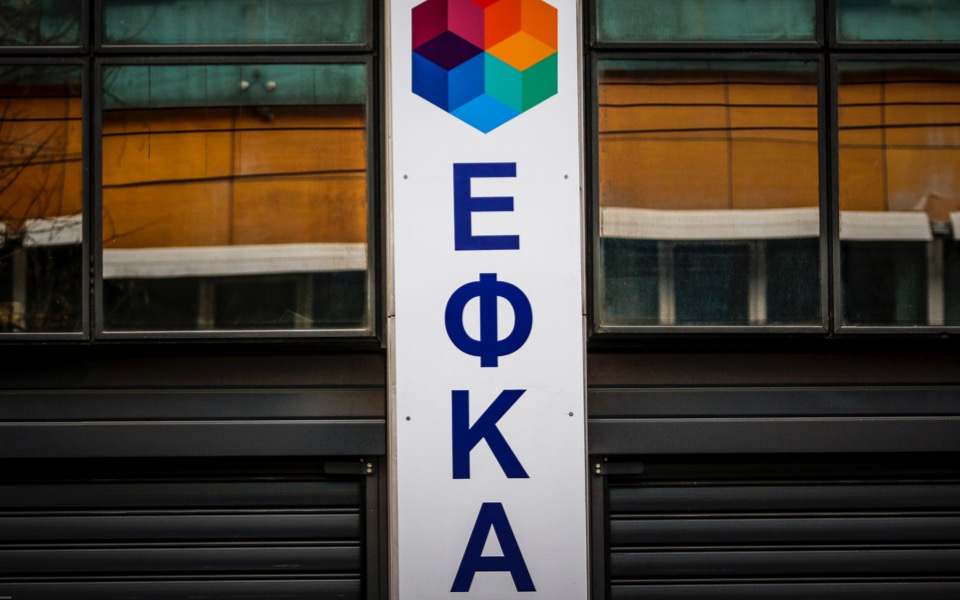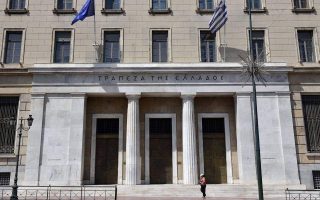Last chance for debtors to settle social security bills

A more favorable settlement for the many people who owe social security contributions to their respective funds is included in the omnibus bill the government expects to pass in Parliament by the end of the week.
The bill provides for a decrease in the annual interest to 3 percent from the current 5 percent, as occurred with those in arrears on their taxes.
If the debtors choose to settle their debt in 120 monthly payments, their overall savings, compared to the previous settlement terms, could exceed 8 percent, with the total extra cost from interest near 18 percent instead of 26 percent previously.
There are an estimated 1.4 million individuals in arrears on their social security payments and the total debt exceeds 36 billion euros, a huge burden for a system than can barely pay off current pensioners, and with widely accepted estimates of a shrinking workforce in the future.
The deadline for applying online for the new debt settlement is September 30, but professionals, the self-employed and farmers who have incurred debt over the past two years (2017 and 2018) can access the platform from today, Labor and Social Security Minister Yiannis Vroutsis has said.
The minimum monthly payment remains at 50 euros, both for professionals and the self-employed as well as for those employers who have failed to pay their part of social security contributions for their employees.
Employers are given further incentives: If they pay their debts in one go, the interest is waived, and if they choose to pay in 120 installments, the interest is cut in half. Also, farmers are offered interest-free payments.
In any case, the lower interest rate makes the settlement more attractive and improves the debtors’ liquidity, Vroutsis says. And while he is certainly right, as far as the numbers are concerned, it remains to be seen how many will settle their debts.
In previous years, many failed to pay their taxes, social security contributions and VAT out of necessity: They simply could not get by otherwise.
But there was also a considerable number of so-called “strategic non-payers” who withheld their payments in the hope that a government increasingly desperate for revenue would offer favorable settlement terms.





